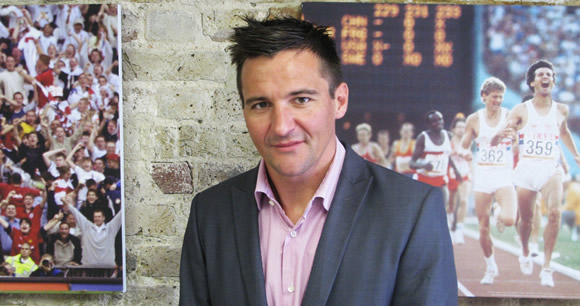How will the public judge London 2012?-Rupert Pratt and Sam Orford
January 31, 2012
With the Olympics only a few months away, and seemingly most things in place for the games, we are now beginning to look beyond them to think about its long-term impact. The word ‘legacy’ is becoming ever more popular, but what this actually means (the government has spent £22m on surveys trying to find this out) and whether it will actually happen is something we probably won’t find out for several years.
Previous games have always tried to create a legacy to their games but none have actually made this a reality. The Bird’s Nest in Beijing lying empty and a few derelict builds that were once the Athens Olympic venues prove the point that no legacy has been created for these Olympic cities in particular.
Many people look at legacy as the above, are the venues being used? But how exactly will the games be deemed a success and how will this be measured? Will it be sell-out crowds, economic growth, positive public feeling or a stack load of medals? For the general public, once the furor over a possible large gold medal haul has subsided, they will be looking at how they have actually benefited. This will more than likely mean an upturn in the economy. If the public start to see a positive impact on their lives post games then they will surely see the games as a success.
However, I fear that the games are set to be looked upon as a great event but one that will not create long term benefits. The negativity around the games so far is very much driven by the negativity in the press, but we have to remember that the games are being delivered on budget and on time, no mean feat given out previous history of building stadia i.e. Wembley. This is a great achievement and is a great advert for Britain showing that we can make things happen.
All in all, the one thing that all of this legacy is going to be built on is how well our athletes do at the event. If they do well the country will be immersed in the games, will look upon them with fond memories and will more than likely see them as a success. Or, at least, this will leave them with a positive view with a lesser emphasis on ‘legacy’. If we do badly then we will all be wondering where all the money has gone and what have we got back from the games.
How will we measure the success of the Olympics and its legacy?
Rupert Pratt
Managing Director,Generate Sponsorship
Co-Founder / Managing Director of one of the UK’s top sponsorship agencies
Rupert oversees the day to day running of the business and its service divisions (Consultancy, Activation / PR, Events and Sales) as well as the agency’s expansion and development. He also manages its relationships with partner offices in Atlanta, Paris, Doha, Beijing and Shanghai
Generate is one of the fastest growing agencies year on year and Rupert is a regular contributor to sponsorship conferences, articles, forums and best practice ( visit www.generatesponsorship.com to understand more)
{jcomments on}


